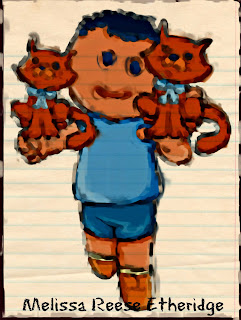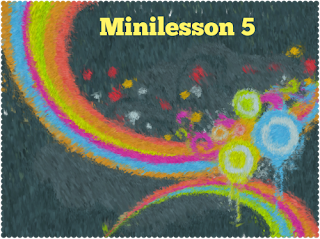Minilesson 9: Outlining Your Ideas

Outlining is the most formal method of organizing your idea. Outlining uses a very particular structure for organizing your idea. A writer will outline after he has done most of his other prewriting. Formal outlines distinguish between a central idea and a supporting idea. Formal outlines use Roman numerals for major points, indented capital letters for details, and Arabic numbers for more precise details. I. Introductory Paragraph: Training a Labrador retriever is easy if you follow these steps. A. Start training when the dog is a puppy. B. Train in small increments of time. C. Be patient. D. Reward your puppy for doing the correct thing, II. ...







